Today we’re here to talk about excel sheets and ERP because both of them are central to businesses and chances are you need one of them. ERP – software is business software. What does it do?
An Enterprise Resource Planning – or ERP – software is business software. What does it do? Well, only just about everything. It handles and manages the complex processes involved in running your business. ERP creates processes that efficiently manage your business’ day-to-day operations. These can be related to sales, inventory and production planning and whatever more you’d like for it to manage. ERP is a big thing in the business world because it really is the ideal model for organizing business systems. It provides accurate data and and is shared amongst the employees in your organization efficiently.
On the other hand, we have Excel sheets. These are known to all and also mostly used by all. Excel sheets are resorted to when companies want to organize their data but they haven’t rolled into the big leagues yet. Excel sheets are great to gather, organize and sort data but it can not analyze data or combine everybody for joint effort. Are you confused about when companies decide to make the leap? It’s when they need analytics to help make business decisions usually around major growth and that’s when they go to ERP from Excel. But Excel is not a small thing, according to a study by Deloitte, 70% of companies use Microsoft Excel for sensitive and important data and processes.
Issues with Excel
You know by now Excel sheets are important and also widely used. However, there are many factors linked to it that encourage people to make the shift. Here’s a brief overview of those factors:
Human Error
Excel sheet is a pre-made service that we use. It is mainly operated by us, we do everything on it. Pretty much everything is vulnerable to human error but if you have spent time with Excel sheets, you know it is more prone to them. You can get the formula wrong somehow and not even know!
Time Lags
There are so many time lags! On Excel sheets it’s easy for employees to make changes and save the version after which they share it. However, Excel does not provide you any information about whether you are using the right dataset or not. Is your team even working on the accurate and up-to-date version? You will have to scour the data to know. Moreover, it is shared via email or whichever platform but mostly has to be handled separately.
Collaboration Is Not Seamless
This is the most important part for most companies and businesses. Collaboration. Your company could have invested in a mobile or cloud-based version of the Office suite but it still won’t mean seamless collaboration for Excel unlike in ERP. For instance, Excel usually starts freezing up if multiple users try to access a spreadsheet simultaneously.
But Is ERP Without Its Limitations?
All the problems we just highlighted are typical for Excel and not found in ERP. However, that doesnt mean there are no issues with ERP. One major problem with ERP is how sharing and collaborating with entities outside of the organization is not always possible. Not everybody has ERP installed. But, alas, everybody does have Excel. But sharing feature is more secure than excel as you just share the erp access with specific person for specific modules not whole ERP just like Excel.
Differences In Uses
That was a brief lowdown on what both of them do and where they lack. Now, so you can make an even more informed decision, we want to let you know of how they are different. How do Excel and ERP differ in areas that are common and important for big companies? Here’s how:
Data Analytics
For data analytics, with an ERP software system, you don’t have to manually input data. You are free of the time and the effort. However, this is something that Excel requires. ERP collects the data for you so you only have to analyze it as you see it. You can see whether customer behavior and customer trends are aligning with your goals rather than seeing whether the data is correct.
Excel usually requires a lot of data manipulation but ERP does not.
Real-time analysis
ERP software and a major one of them is its proficiency in analyzing customer behavior and data. It makes your job easy and this feature allows you to take your business to the next level. Everything is real-time too! The changes that you make in the ERP software system are updated live and the relevant people can keep seeing that in real-time. There is no need to make something on ERP and then keep sharing it too. With Excel, the report needs to be updated, reformatted, saved, and emailed to access information. Time is money and in business you can’t lose both!

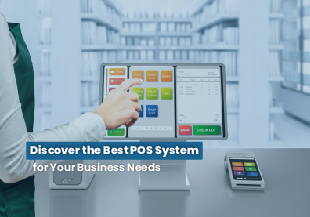
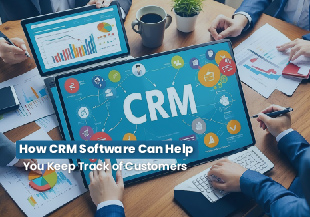
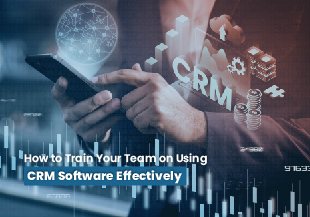
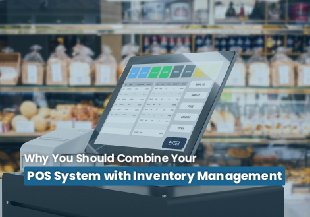
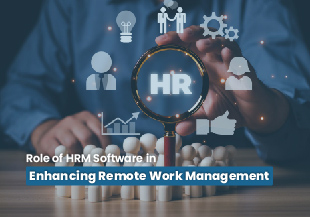
 Chat with Prismatic Bot
Chat with Prismatic Bot